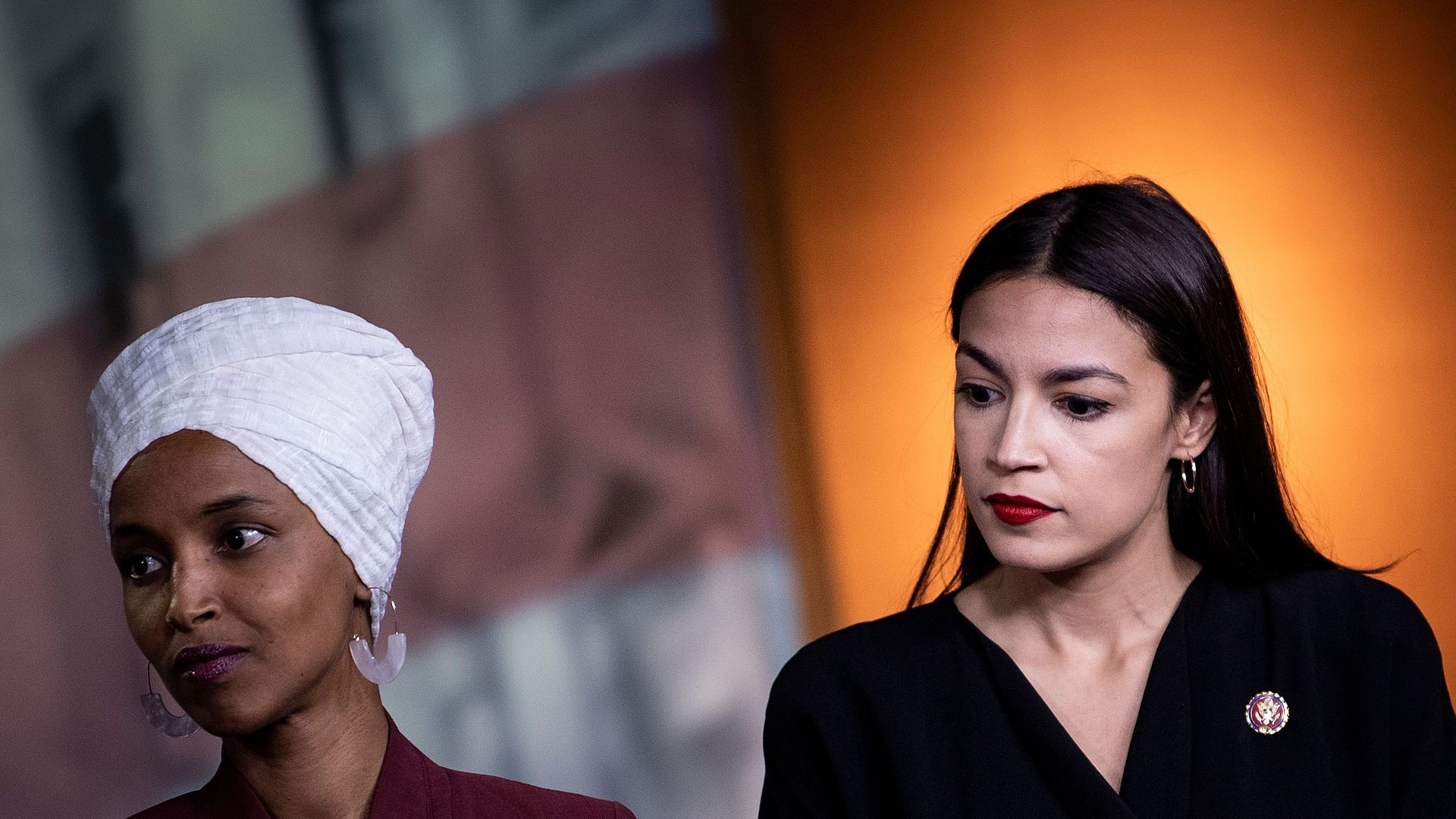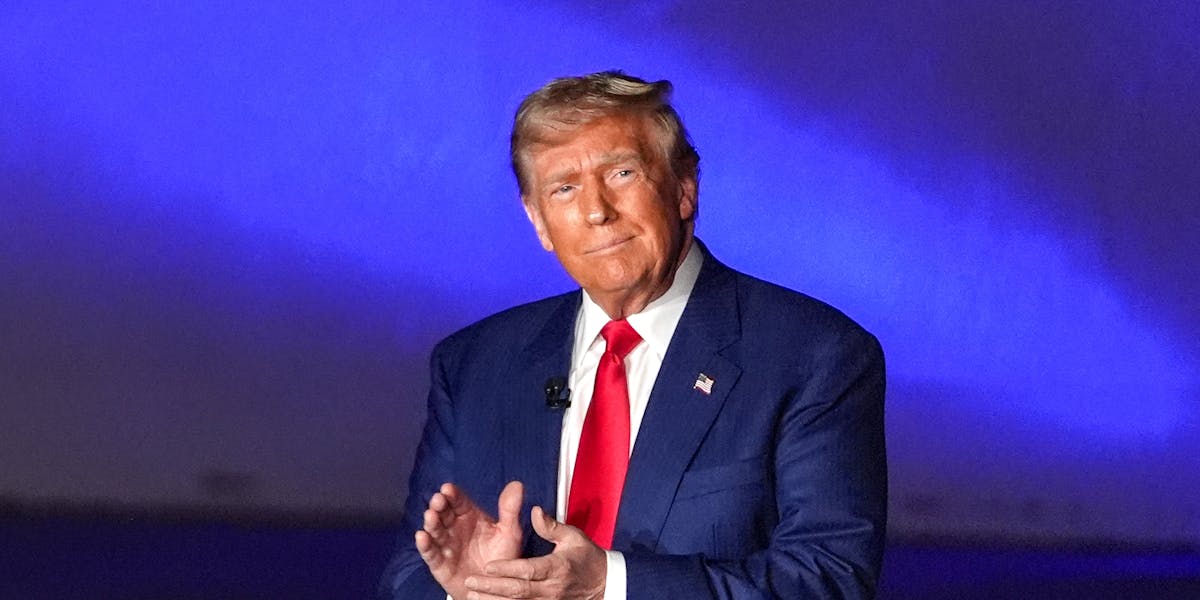In a stunning rebuke to the notion that social media fame translates into electoral success, Deja Foxx, a progressive activist and TikTok influencer with a formidable online following, suffered a crushing defeat in Arizona’s 7th Congressional District Democratic primary.
The 25-year-old Foxx, who campaigned on the strength of her “lived experience” and a digital movement she claimed to have built from her bedroom, was obliterated by Adelita Grijalva, a seasoned politician from a well-established political family.
The Associated Press declared Grijalva the winner with just 65% of the votes tallied, revealing a staggering margin of defeat—more than 40 percentage points—against the progressive newcomer who had been hyped as a rising star among leftist circles.
Grijalva, 54, a Pima County Supervisor and daughter of the late Congressman Raúl Grijalva, carried 62% of the vote to Foxx’s meager 21%, according to results reported by Trending Politics.
For progressive activists and far-left organizations, the outcome served as a sobering reminder that digital popularity, even when coupled with progressive credentials, cannot easily topple the enduring power of local political dynasties and community-rooted leadership.
The defeat also raises broader questions about the viability of TikTok-fueled campaigns in an American political landscape where traditional grassroots engagement and name recognition still carry substantial weight.
Foxx, despite her failure at the ballot box, attempted to cast the loss in a positive light, framing her campaign as a cultural and moral victory rather than a political one.
She celebrated the movement she said had been built from scratch, proudly reflecting on the journey from “starting alone in her bedroom” to leading a high-profile campaign.
Yet the harsh numbers told an unmistakable story: voters in Arizona’s 7th District preferred the candidate they knew—one with deep local ties, family legacy, and a proven record of public service.
Deja Foxx’s candidacy was built on personal narrative and progressive bona fides. She emphasized her upbringing in Section 8 housing, reliance on food stamps, and early activism focused on abortion rights and reproductive justice.
Foxx only became eligible to run for Congress in April, barely meeting the constitutional age requirement of 25. Her youth, while energizing to some segments of her base, ultimately highlighted her lack of experience compared to Grijalva, whose connections to the community and established political machinery proved insurmountable.
Foxx’s campaign strategy leaned heavily on social media outreach, particularly through her nearly 400,000 TikTok followers. She attracted national attention, securing endorsements from progressive figures like David Hogg and the PAC “Leaders We Deserve,” an organization committed to boosting young, progressive candidates.
She also amassed over $670,000 in campaign donations, largely from small-dollar donors across the country, signaling significant national interest in her bid. However, the reliance on digital campaigns and remote fundraising could not compensate for the absence of deep, local political roots.
Adelita Grijalva’s victory was virtually preordained. The daughter of Raúl Grijalva, who represented the district for two decades until his passing, Adelita benefited from an outpouring of establishment support.
She was endorsed by progressive heavyweights such as Sen. Bernie Sanders, Rep. Alexandria Ocasio-Cortez, and Arizona’s own Democratic Senators, Mark Kelly and Ruben Gallego.
Her campaign successfully balanced progressive ideology with pragmatic appeals to the district’s working-class and Latino communities, solidifying her position as the natural heir to her father’s progressive mantle in Southern Arizona.

Grijalva’s victory speech was both a tribute to her father’s enduring legacy and a reaffirmation of her commitment to the district’s progressive values. “This is a victory not for me, but for our community and the progressive movement my dad started in Southern Arizona more than 50 years ago,” she declared.
Her words resonated with voters who cherished continuity and a tangible connection to their representative—a stark contrast to the digital-first approach taken by Foxx.
Both Grijalva and Foxx ran on nearly identical progressive platforms, advocating for Medicare for All, environmental justice, tribal sovereignty, and staunch opposition to former President Donald Trump’s policies.
Yet the electorate decisively chose the candidate with a household name and a history of tangible local advocacy over the influencer whose primary connection to voters existed on a smartphone screen.
Foxx’s defeat is not an isolated event but part of a broader reckoning within the Democratic Party as it grapples with the tensions between established power structures and the insurgent energy of progressive activists, particularly those energized through online platforms.
While progressives continue to make noise on social media, this loss demonstrates the hard limit of virtual influence when faced with the entrenched networks and relational politics that govern real-world elections.
Elsewhere in the country, particularly in New York, the Democratic Party is bracing for further clashes between its centrist establishment and a resurgent far-left wing emboldened by recent victories.
Zohran Mamdani, a democratic socialist and assemblyman from Queens, recently captured national headlines by defeating former New York Governor Andrew Cuomo and a slate of other candidates in the Democratic mayoral primary for New York City.

Mamdani, a 33-year-old Ugandan-born politician, represents a radical departure from traditional Democratic leadership and positions himself as the face of a party moving sharply leftward.
Mamdani’s stunning victory has galvanized his allies in the Democratic Socialists of America (DSA), who are reportedly plotting primary challenges against several key New York congressional Democrats, including House Minority Leader Hakeem Jeffries, as well as Reps. Ritchie Torres, Jerry Nadler, Dan Goldman, and Yvette Clarke.
While no official campaigns have yet been announced, these potential challenges signal a brewing intra-party conflict that could reshape the Democratic establishment’s grip on power.
Jeffries’ camp, however, has issued stern warnings against such insurgencies. A senior political advisor to the House Minority Leader promised a “forceful and unrelenting” response to any primary efforts aimed at unseating Jeffries or his colleagues.
The advisor emphasized the importance of unity within the Democratic Party, especially as it faces a determined Republican Party under the leadership of Donald Trump, who is seeking a dramatic return to power in 2028.
The DSA, undeterred by establishment pushback, framed Mamdani’s win as a watershed moment in American politics. “This movement is bigger than one person, election, city, or organization,” the DSA declared in a statement following Mamdani’s victory.
The group encouraged supporters nationwide to join local DSA chapters, aiming to harness the grassroots enthusiasm that propelled Mamdani into a national political figure and potentially expand that success into Congressional districts across New York and beyond.
These developments illustrate the growing rift within the Democratic Party—a struggle between a rising generation of progressives, many of whom are emboldened by social media visibility and small-dollar donations, and an entrenched leadership wary of ideological purism at the expense of electoral viability.

The defeat of Deja Foxx in Arizona underscores the challenges faced by digital-first candidates in penetrating local politics where personal relationships, family legacies, and direct constituent engagement remain paramount.
Moreover, the prospect of DSA-backed challenges in New York threatens to further fracture the party, risking internecine battles that could weaken Democratic prospects in critical House races.
As the 2026 midterm elections approach, Democrats must navigate the complex balance between embracing youthful progressive energy and maintaining the experience and pragmatism that seasoned incumbents bring to the table.
For now, the Foxx debacle stands as a cautionary tale to social media influencers aspiring to translate their digital clout into electoral power. While platforms like TikTok can amplify messages and build national profiles, they remain poor substitutes for the gritty, unglamorous work of local organizing and community engagement. The political arena still demands more than viral videos and curated personas; it requires connection, history, and trust built over years—not mere months.
In the end, the voters of Arizona’s 7th District made their choice clear: while social media may win attention, it is real-world ties and legacy that win elections. As the Democratic Party continues to battle for its soul between establishment forces and progressive dreams, the question remains whether a balance can be struck or whether the party will continue to devour itself from within.





